From Pasture to Plate: The Versatile Uses of Cows and Their Products
Introduction:
Cows, often referred to as the “gentle giants” of the animal kingdom, have been invaluable to humans for millennia, providing us with a myriad of essential products that nourish, clothe, and sustain us. From dairy to meat, leather to fertilizer, the uses of cows and their by-products are diverse and far-reaching, playing a vital role in various aspects of our daily lives and the global economy.
1. Dairy Products:
Dairy products, derived from cow’s milk, are among the most widely consumed and versatile foods worldwide. Milk itself serves as a nutritious beverage packed with essential nutrients such as calcium, protein, and vitamins. Additionally, milk is processed into various dairy products, including cheese, yogurt, butter, and cream, each offering its unique flavor and culinary applications.
Cheese, in its countless varieties and textures, is a staple ingredient in cuisines around the world, adding richness and depth of flavor to dishes. Yogurt, prized for its probiotic properties and creamy texture, is enjoyed as a standalone snack or used as a base for sauces, dips, and dressings. Butter, with its rich, creamy taste, enhances the flavor of baked goods, sauces, and sautéed dishes, while cream adds richness and decadence to desserts and savory dishes alike.
2. Meat:
Cows are also a significant source of high-quality meat, providing cuts such as beef, veal, and ground beef that feature prominently in cuisines globally. Beef, in particular, is prized for its flavor, tenderness, and versatility, making it a staple protein in dishes ranging from hearty stews and burgers to gourmet steaks and roasts.
Veal, derived from young calves, is known for its delicate flavor and tender texture, often featured in gourmet cuisine and specialty dishes. Ground beef, made from minced beef, is a versatile ingredient used in a wide array of dishes, including burgers, meatballs, tacos, and meat sauces.
3. Leather:
Cows also contribute to the production of leather, a durable and versatile material used in the manufacturing of footwear, apparel, accessories, and upholstery. Leather, prized for its strength, flexibility, and aesthetic appeal, is derived from cowhide, the tough outer layer of a cow’s skin.
Through various tanning and processing techniques, cowhide is transformed into leather, which is then used to create a wide range of products, including shoes, belts, handbags, wallets, jackets, and furniture. Leather products are valued for their durability, longevity, and timeless appeal, making them a popular choice for consumers seeking quality and style.
4. Fertilizer:
Cows also contribute to agricultural productivity through the production of manure, a natural fertilizer rich in nutrients such as nitrogen, phosphorus, and potassium. Cow manure, when properly composted and applied to soil, helps improve soil structure, fertility, and water retention, enhancing plant growth and yield.
In addition to its role as a fertilizer, cow manure can also be utilized in biogas production, where it is processed in anaerobic digesters to generate methane gas for energy production. This renewable energy source can be used for heating, electricity generation, and vehicle fuel, providing a sustainable alternative to fossil fuels.
Conclusion:
From the pastures to our plates, cows and their products play an indispensable role in our lives, providing us with essential nutrients, materials, and resources that sustain us and enrich our daily experiences. Whether it’s the creamy richness of dairy products, the savory satisfaction of beef, the timeless elegance of leather, or the nourishing benefits of fertilizer, the uses of cows and their by-products are diverse and far-reaching, touching upon various aspects of our daily lives, economy, and culture.
As we continue to navigate the complexities of modern agriculture and food production, it’s essential to recognize and appreciate the contributions of cows and the farmers who raise them. By supporting sustainable and ethical practices in livestock farming, we can ensure the continued availability of high-quality dairy, meat, leather, and other cow-derived products while promoting the health and well-being of animals, humans, and the environment alike.

